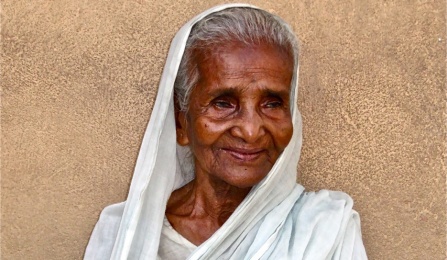Chronic Illness and Non-Communicable Disease

The Makerere University School of Public Health was founded in 1922 and has campuses on Mulago Hill, Kololo and Kasangati, Uganda. The school's main responsibilities rotate around research, community service, consultancy and training. The school is committed to providing quality training that will produce highly competent public health professionals who can tackle public health challenges within the community. The Office of Global Health Initiatives is partnering with faculty and students in the school in gathering information about the incidence, prevalence and impact of non-communicable diseases/chronic illness as the basis for developing a village-based pilot intervention.
The University at Buffalo School of Public Health and Health Professions is one of a handful of schools in the United States that includes health-related professions as an integral component of the public health educational and research system. The Office of Global Health Initiatives partners with the School of Public Health and Health Professions and the Makerere University School of Public Health to gather information about the incidence, prevalence and impact of non-communicable diseases/chronic illness as the basis for developing a village-based pilot intervention.
Africa is at an early stage of the tobacco epidemic, which is both a health and a development problem. The CTCA is based in Uganda with a mandate to support governments in African countries to build and sustain institutional capacity for tobacco control. The Office of Global Health Initiatives has facilitated collaborations between CTCA and faculty at the University at Buffalo.


